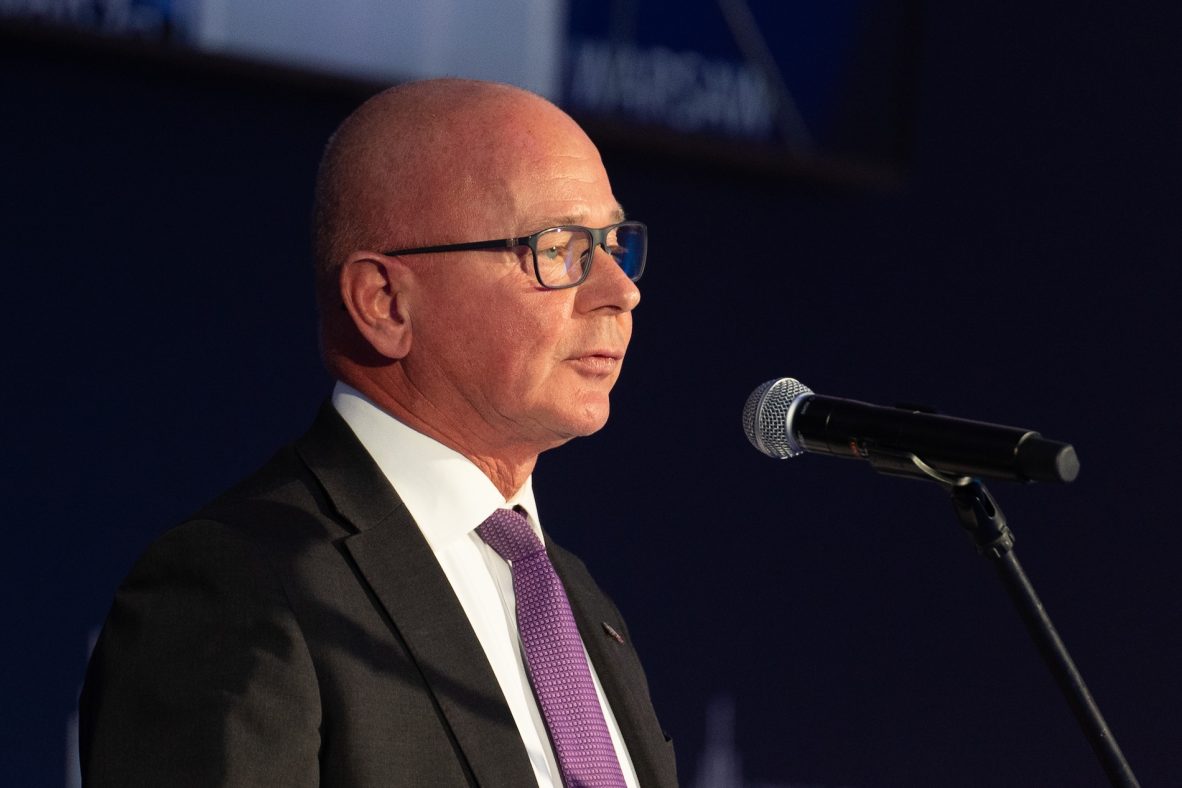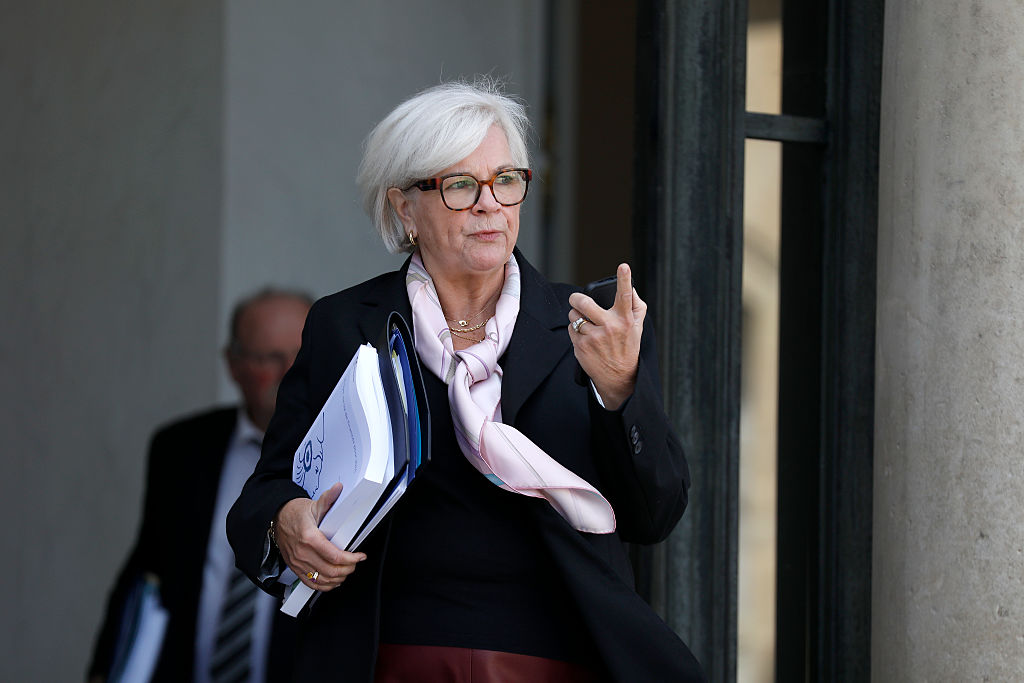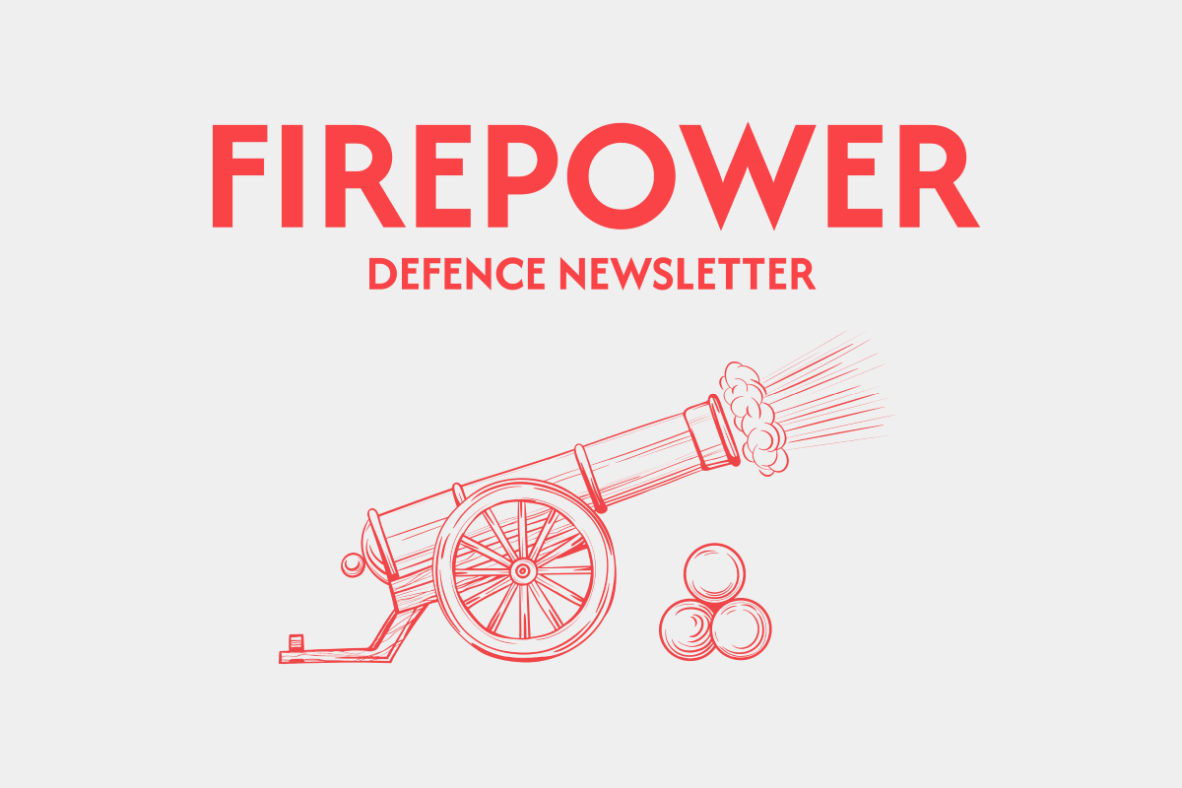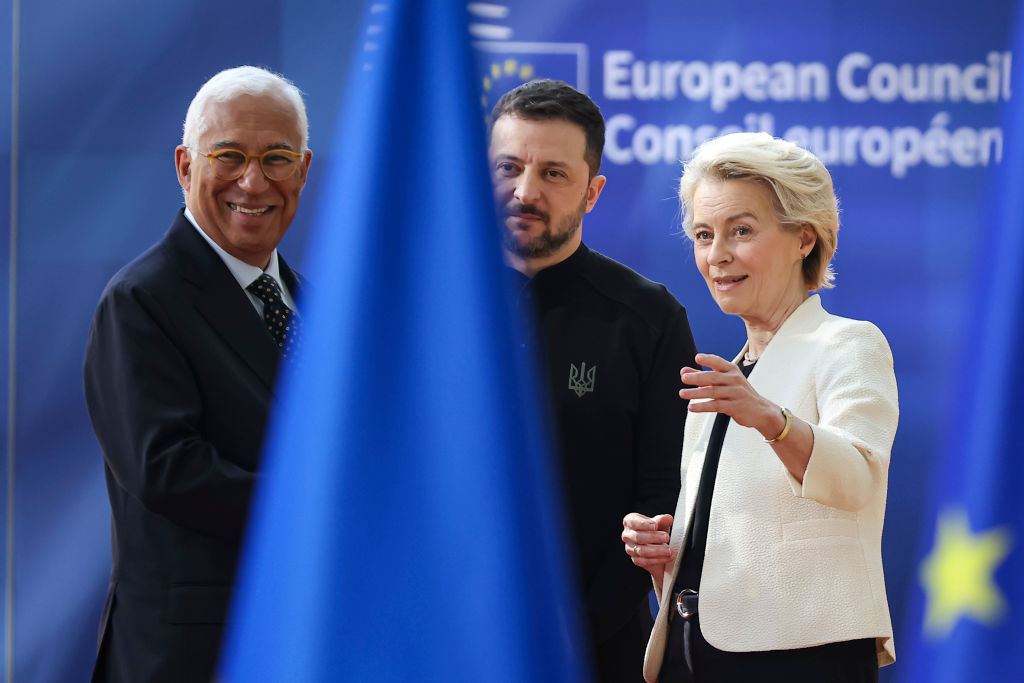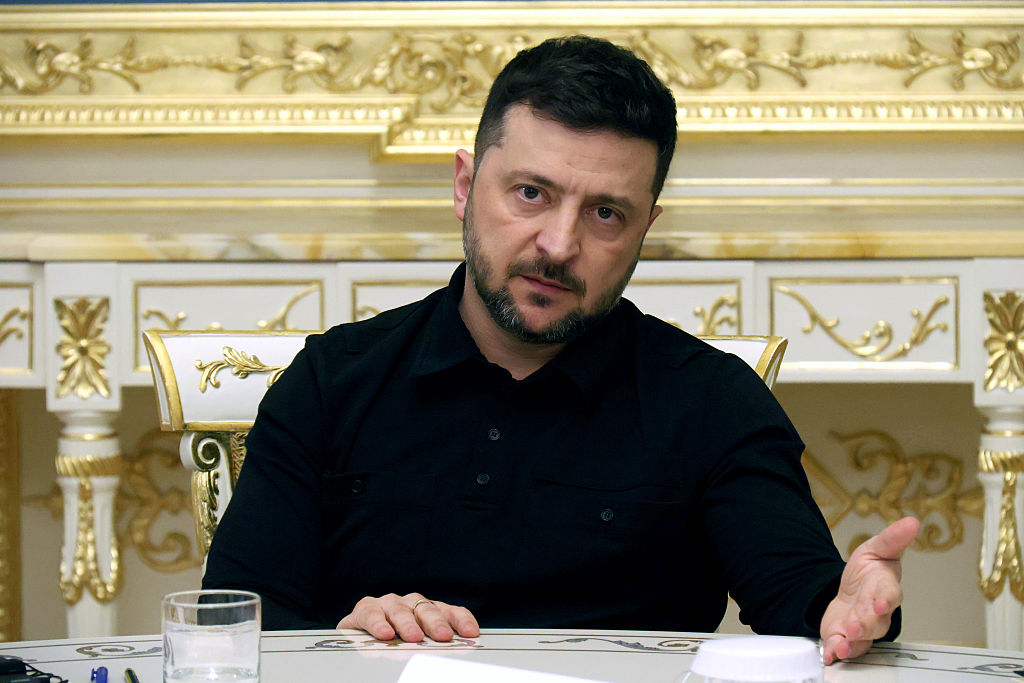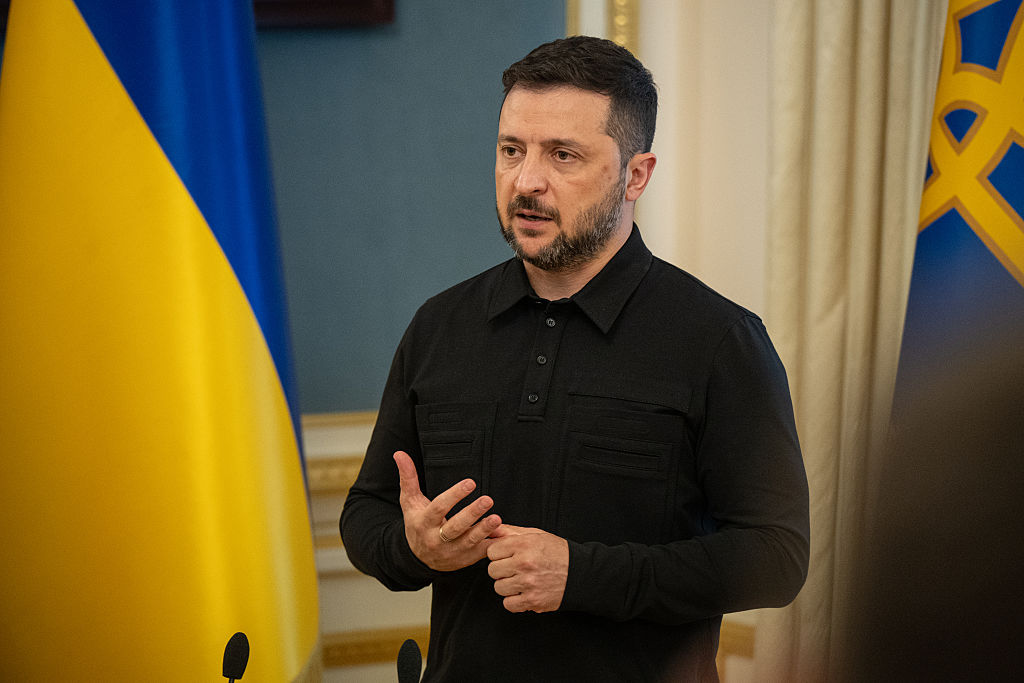Who’s in and who’s out of Ukraine's ‘reassurance force’
No boots on the ground, but "boots in space" said one foreign minister, but for a reassurance force to work, not every country can take such an approach
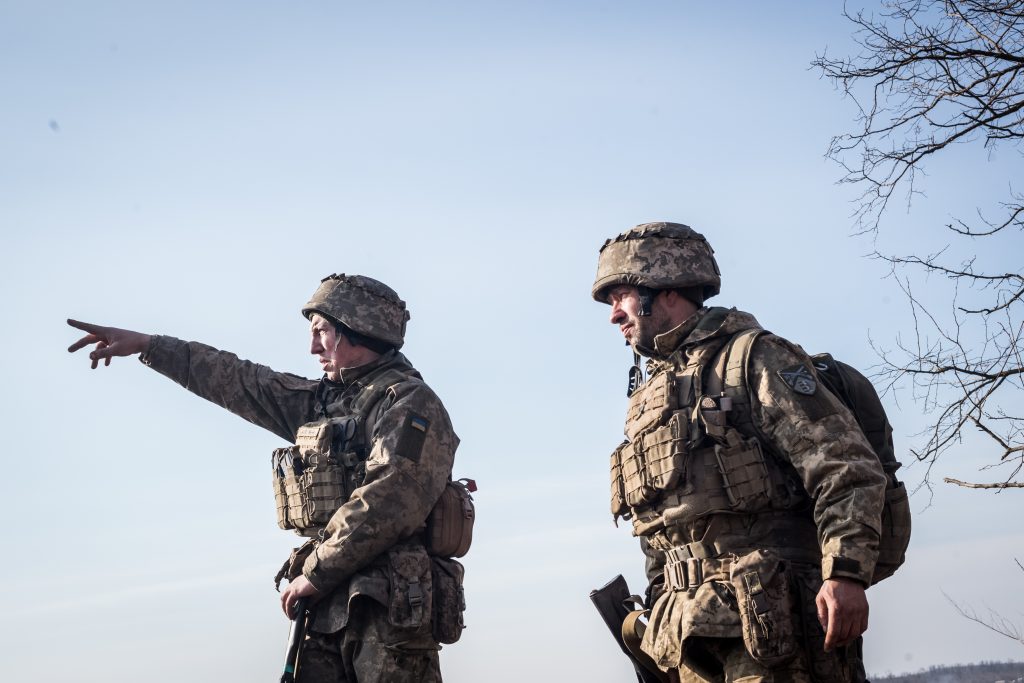
Several of Ukraine’s staunchest allies are set to outline a proposed “reassurance force” next week that would secure the country after a potential ceasefire or peace deal – but not all of the key players are signed up to the idea.
The group of allies, who have dubbed themselves the “Coalition of the Willing,” are still discussing the parameters of what kinds of security guarantees or on-the-ground support they could offer to Ukraine to enforce any potential deal with Russia and deter a future invasion.
French President Emmanuel Macron and UK Prime Minister Keir Starmer first floated the “reassurance force” idea at the beginning of the year, pitching the possible deployment of around 30,000 or fewer Western troops to Ukraine. Around 30 world leaders have since rallied behind the initiative.
But it remains unclear, six months later, what such a force would actually look like, how it would operate and what precisely any of the countries involved in the discussions would be willing and able to contribute.
Boots on the ground
Less than half of the coalition are even considering sending their own troops to Ukraine, a highly contentious issue that raises questions of retaliation should Russia attack – and fears of being drawn into a direct conflict.
Countries publicly grappling with the possibility of deploying contingents are Australia, Belgium, Canada, Estonia, France, Lithuania and the United Kingdom.
Some leaders have been cautious, emphasising that their forces would not be sent to the frontlines. Australian Prime Minister Anthony Albanese supported the idea of a “peacekeeping” mission in an interview last week, while Czech Defence Minister Jana Černochová hinted at sending troops for “post-war reconstruction”.
Support in kind
Other leaders, wary of putting their own troops in Ukraine, are instead offering operational support and other forms of assistance for the “reassurance force.”
Poland, which boasts the European Union’s largest army by sheer numbers, has ruled out sending soldiers directly, although Prime Minister Donald Tusk said the country could provide logistical support.
“Poland does not intend to send troops on a mission to Ukraine after the war ends” Tusk said at a joint press conference this week with his Canadian counterpart, Mark Carney.
Finland has also offered to assist with logistics, but remains wary of pulling any troops away from its own 1,350-kilometre-long border with Russia.
Sweden intends to provide airspace monitoring and naval resources, while Romanian Prime Minister Prime Minister Ilie Bolojan said last week that his country could make military bases available to the reassurance force.
Slovenia could help with planning and training staff outside of Ukraine, something that Czech officials have also discussed.
Luxembourg, which has a military with fewer than 1,000 troops, according to NATO estimates, is considering contributing air transport and satellite technologies. As Foreign Minister Xavier Bettel put it to journalists on Tuesday, “boots in space” instead of on the ground.
On the fence
Germany, one of the three countries spearheading the “Coalition of the Willing,” still hasn’t outlined how it would support the force. Foreign Minister Johann Wadephul suggested in an interview that deploying troops could “overwhelm” Germany’s military.
But Vice-Chancellor Lars Klingbeil signalled openness to the idea during a visit to Ukraine on Monday: “Reliable security guarantees are needed to ensure lasting peace for Ukraine (…) Germany will live up to its responsibility.”
Ukrainian President Volodymyr Zelenskyy suggested allies would finalise pledges and detail plans to guarantee Ukraine’s security this week. That comes after a number of European leaders joined Zelenskyy for his White House meeting with US President Donald Trump early last week.
More countries could still sign up for the effort in the coming days, as diplomats negotiate and settle on contributions.
(cp, bts)

